In a move under consideration for “decades,” the U.S. Federal Aviation Administration (FAA) announced yesterday (Dec. 6) it plans to mandate that aviation repair stations in foreign countries require their employees to submit to drug and alcohol testing if they perform safety-sensitive maintenance procedures for U.S. airlines. According to the FAA, such testing is rare, and the new requirement would affect approximately 977 repair facilities in 65 countries.
The FAA wrote that the testing would ensure that “employees are held to the same high level of safety standards, regardless of where they are physically located.”
The Transport Workers Union said that the U.S. airline industry has generated 35,000 jobs for aircraft mechanics offshore since 2017, while eliminating more than 5,000 technician jobs at home. Union President John Samuelsen told Reuters that under the new rules, “Airline mechanics in China and other lower-wage, lower-standard countries who work on U.S. commercial aircraft will have to undergo drug and alcohol testing—just like mechanics here.”
According to the FAA, some U.S.-based maintenance facilities argue they “are operating at an economic disadvantage as maintenance facilities abroad are not required to subject employees to drug and alcohol testing and, therefore, are essentially circumventing the associated costs to maintain a testing program.”
The FAA estimated the future cost to airlines of repair stations overseas complying with the new rules would be $102.3 million over a five-year span.


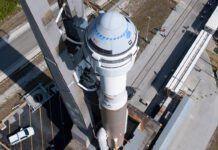










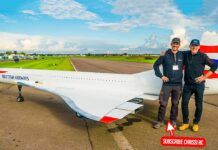












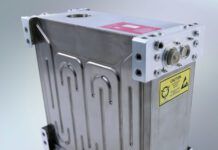

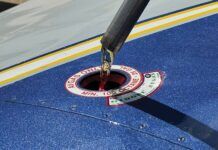





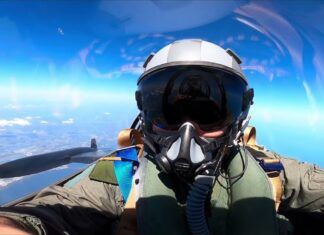
Given that this move has been “under consideration for ‘decades,” perhaps FAA would be kind enough to share the data on U.S. aircraft accidents and incidents attributable to intoxication of foreign maintenance personnel that provides the safety justification necessary to support FAA’s exercise of regulatory power? If not, one may gut be tempted to interpret this action as ultra vires, politically inspired, unnecessary, and inappropriate.
Jus’ sayin’.
That would imply that foreign mechanics – who are people by the way – are any less vulnerable to consume drugs and/or alcohol that may impair their ability to perform safely. They’re not. Furthermore, an FAA part 145 certificate is just that, and the same rules should apply to every entity who holds one. Just as EASA – or any other foreign certification – imposes it’s own rules on U.S. based entities who hold it’s certificate.
Good idea. Offshore heavy maintenance is shrouded in mystery and assumption that either the shops are very high quality and under strict security and vetting or they’re ….not. Airlines should be promoting the steps they take to ensure high quality to their employees so they can have confidence in the companies that keep them in the air.